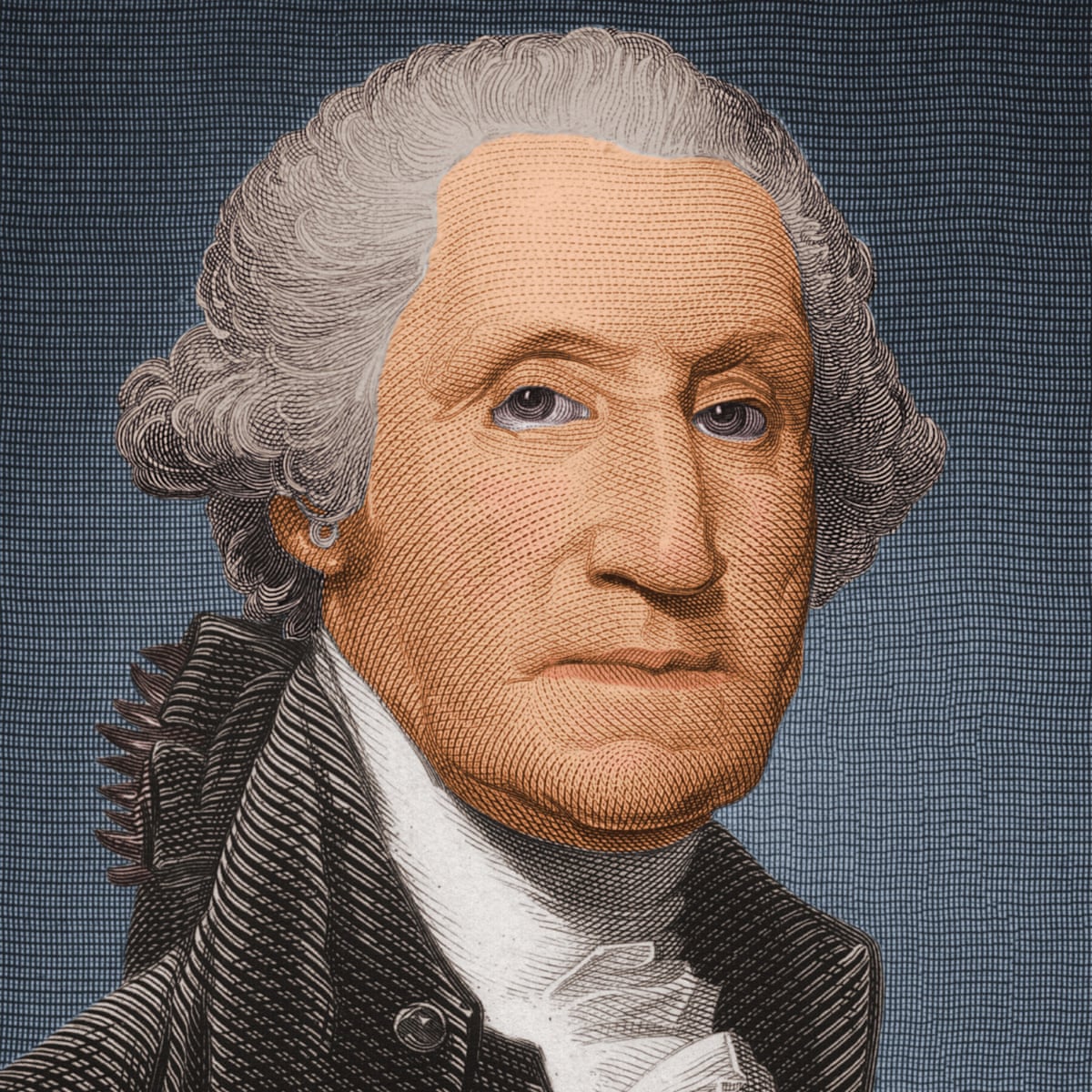The small town of Lincoln, Nebraska, might seem like an unlikely birthplace for one of the most influential and controversial figures in modern American politics. Yet, it was here that Richard Bruce Cheney, known to the world as Dick Cheney, took his first breath on January 30, 1941. The son of Richard Herbert Cheney, a soil conservation agent, and Marjorie Lorraine Dickey, a onetime wedding dress designer, Dick Cheney’s early life was marked by a strong sense of family and community, which would later shape his political ideologies and ambitions.
Growing up, Cheney was an average student but showed a keen interest in politics from an early age. This interest was fostered by his family, particularly his father, who worked for the U.S. Department of Agriculture, moving the family around the country. These early relocations exposed young Dick to different parts of America, potentially influencing his later views on federalism and states’ rights. Cheney’s family eventually settled in Casper, Wyoming, where he attended high school. It was during his high school years that Cheney’s interest in politics began to blossom, inspired by the conservative ideologies prevalent in Wyoming.
After graduating from high school in 1959, Cheney attended Yale University, where his academic performance continued to be average. However, his time at Yale was cut short due to poor grades, leading him to return to Wyoming, where he worked as a lineman on power transmission lines. This period of manual labor had a profound effect on Cheney, instilling in him a respect for hard work and reinforcing his conservative values. In 1962, Cheney enrolled at the University of Wyoming, where he excelled academically and became deeply involved in student politics. It was at the University of Wyoming that Cheney earned both his Bachelor’s and Master’s degrees in political science, with his interests increasingly focusing on international relations and the Cold War.
Cheney’s entry into professional politics began when he landed an internship with Senator Alan Simpson in 1964. This experience not only deepened his understanding of the legislative process but also introduced him to the inner workings of Washington, D.C. Following his internship, Cheney worked for Donald Rumsfeld, who was then a member of the House of Representatives. This connection would prove pivotal in Cheney’s career, as Rumsfeld became a mentor and helped pave the way for Cheney’s future endeavors.
The 1970s were transformative for Cheney. He served in various capacities within the Nixon and Ford administrations, including a stint as a White House staffer under Rumsfeld, who was then the Chief of Staff. When Rumsfeld became Secretary of Defense in 1975, Cheney accompanied him to the Pentagon, serving as his deputy assistant secretary. These roles not only honed Cheney’s bureaucratic skills but also immersed him in the world of defense policy, an area that would become a cornerstone of his political legacy.
In 1978, Cheney made his first foray into elected politics by running for the House of Representatives from Wyoming. He won the election and served five terms in Congress, distinguishing himself as a conservative Republican with a particular interest in defense and energy issues. Cheney’s time in Congress was marked by his unwavering support for increased military spending and his skepticism of arms control agreements. His rise through the ranks was swift, becoming the House Minority Whip in 1988, the second-highest ranking position in the Republican leadership.
The end of the Cold War and the Gulf War in the early 1990s presented Cheney with new opportunities. In 1989, President George H.W. Bush appointed him as the Secretary of Defense, a position he held until 1993. As Secretary, Cheney played a key role in reshaping the U.S. military in the post-Cold War era, overseeing the Gulf War effort, and advocating for a strong military presence in the Middle East. His tenure was marked by the controversial decision to end the Gulf War without removing Saddam Hussein from power, a decision that would have far-reaching consequences.
Following his departure from the Department of Defense, Cheney entered the private sector, becoming the CEO of Halliburton, a multinational energy corporation, in 1995. His tenure at Halliburton was lucrative and helped to significantly increase his personal wealth. However, it also drew criticism due to the company’s dealings with nations under U.S. sanctions and allegations of crony capitalism.
In 2000, Cheney’s career came full circle when he was chosen by George W. Bush, the son of his former boss, to be his running mate in the presidential election. Cheney’s selection was seen as a strategic move to bolster the ticket with his experience in foreign policy and defense. As Vice President, Cheney played a pivotal role in shaping the Bush administration’s response to the 9⁄11 attacks, advocating for the invasion of Iraq, and championing enhanced interrogation techniques and domestic surveillance programs in the name of national security.
Cheney’s vice presidency was marked by controversy, with critics accusing him of abusing executive power, particularly in his advocacy for expanded presidential authority in the areas of national security and energy policy. Despite these criticisms, Cheney remained a powerful figure in the Bush administration, earning him both admiration and ire from different quarters.
In conclusion, Dick Cheney’s rise to power was a gradual one, shaped by his early life, his academic pursuits, and his myriad experiences in both the public and private sectors. From his formative years in Nebraska and Wyoming to his ascent as one of the most powerful figures in American politics, Cheney’s story is a testament to the enduring impact of dedication, strategic alliances, and an unwavering commitment to one’s beliefs.
Frequently Asked Questions

What were Dick Cheney's early influences in politics?
+Dick Cheney's early influences in politics included his family, particularly his father, who worked for the U.S. Department of Agriculture. His interests were further fostered during his academic years, especially at the University of Wyoming, where he delved into political science and international relations.
<div class="faq-item">
<div class="faq-question">
<h3>How did Dick Cheney's experience in the private sector influence his political career?</h3>
<span class="faq-toggle">+</span>
</div>
<div class="faq-answer">
<p>Dick Cheney's tenure as the CEO of Halliburton significantly increased his personal wealth and provided him with experience in the energy sector. However, it also drew criticism, particularly regarding the company's dealings with countries under U.S. sanctions. This experience likely shaped his views on energy policy and corporate relations, influencing his actions as Vice President.</p>
</div>
</div>
<div class="faq-item">
<div class="faq-question">
<h3>What was Dick Cheney's role in shaping U.S. foreign policy during his vice presidency?</h3>
<span class="faq-toggle">+</span>
</div>
<div class="faq-answer">
<p>As Vice President, Dick Cheney played a pivotal role in shaping U.S. foreign policy, particularly in response to the 9/11 attacks. He was a strong advocate for the invasion of Iraq and supported enhanced interrogation techniques and domestic surveillance programs in the name of national security. His influence on foreign policy was significant, reflecting his long-held beliefs in a strong national defense and aggressive action against perceived threats.</p>
</div>
</div>
</div>



